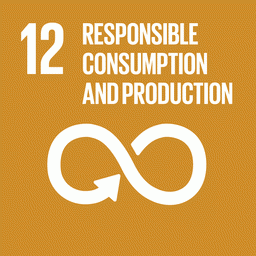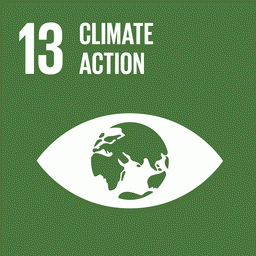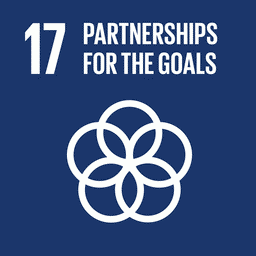On 18 May 2022, through the AL INVEST Verde Program, the European Union, in partnership with IPAM (Amazon Environmental Research Institute), organized the third “Technical Dialogue on sustainability and traceability of the beef and leather value chains.”
The dialogue virtually gathered more than 40 relevant actors representing institutions from Brazil and the European Union in the various sectors linked to these chains, such as the public sector, producers, exporters and distributors, civil society organizations and universities among others.
During the event, IPAM presented twelve traceability experiences developed in Brazil and an in-depth analysis of their strengths and weaknesses, carried out through a survey developed as part of this initiative.
Throughout the dialogue, participants agreed on the importance of traceability for sanitary and health purposes, but also for implementing socio-environmental sustainability in the value chain, specifically in the fight against illegal deforestation. A representative from a civil society organization mentioned that traceability is a tool that increases the knowledge of the territory.
Other actors also highlighted that traceability also permits generating a prompt response to adverse events, strengthening risk management and resiliency of the chain. Finally, participants underlined that reliable and efficient traceability systems also improve the quality of the product, fostering trade opportunities. Overall, it is possible to achieve transparency through traceability.
The need for better coordination between the federal government and the states has emerged as one of the challenges in developing an efficient traceability system that can gain scale. It would be fundamental to adopt a national policy and regulatory framework in this sense.
Existing data could also be better exploited, especially for tracking indirect providers; yet, data management poses privacy issues yet to be addressed. Finally, a survey conducted during the event showed that the lack of network infrastructure, the absence of financial incentives, and the need for technical assistance are the main obstacles for medium and small farmers to participate in traceability systems.
Next steps
The overall objective of the initiative is to contribute to the identification and promotion of collective practices and partnerships among key stakeholders for the sustainability of the beef and leather value chains.
This third dialogue follows previous discussions held during the opening roundtable in December 2021, the first technical dialogue on March 9, 2022, on the role of due diligence and the second technical dialogue on April 20, 2022, on traceability as a tool to improve sustainability
The outcomes of these three dialogues will be presented during a final hybrid event in Brasilia, in September 2022.


